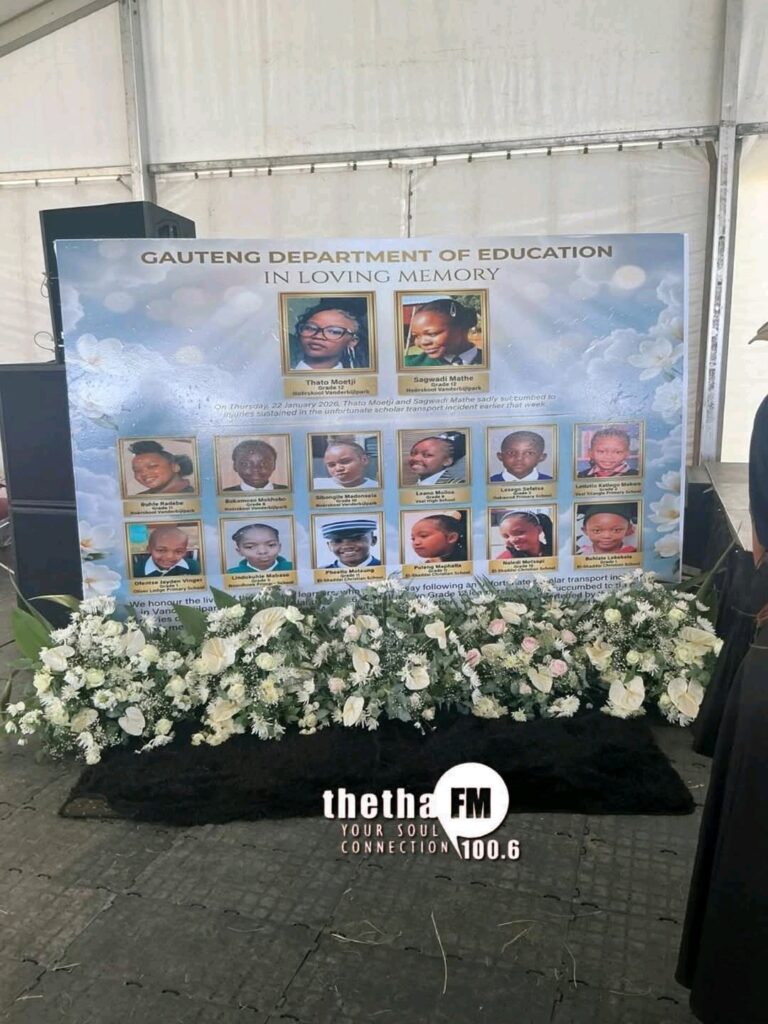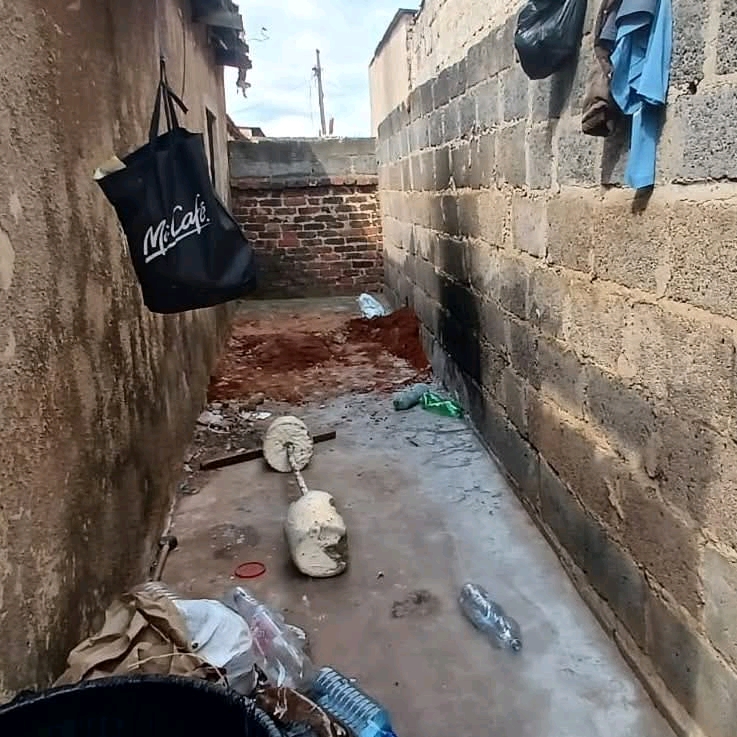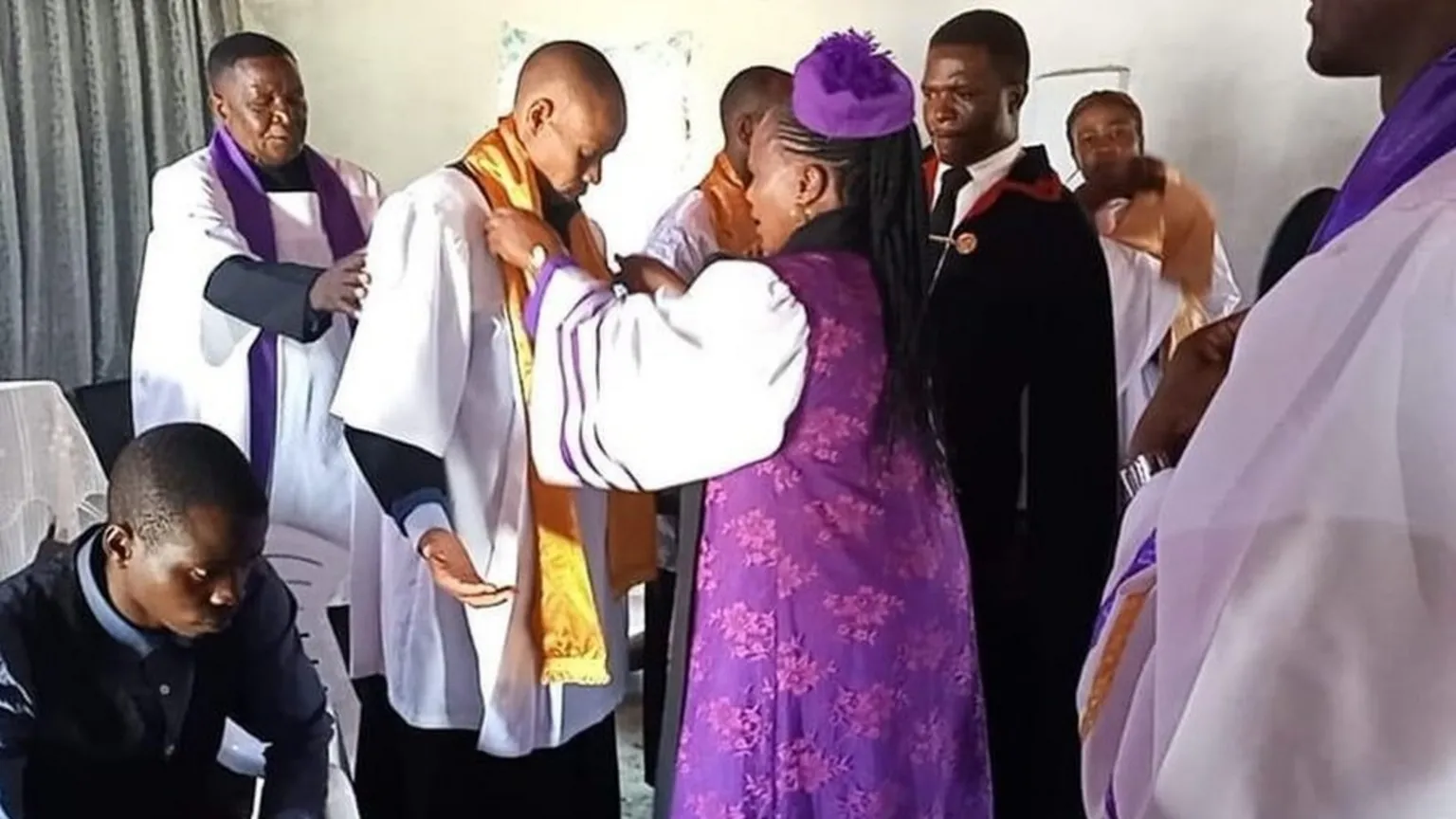
A tragic incident has occurred in Mozambique where a local pastor died while trying to replicate the biblical 40-day fast observed by Jesus. Pastor Francisco Barajah, 39, was the founder of the Santa Trindade Evangelical Church and a well-known religious figure in the town of Messica, located in Manica province near the Zimbabwean border.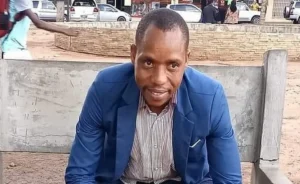
According to reports, Pastor Barajah embarked on a fast that lasted 25 days without any intake of food or water. His goal was to imitate the fast undertaken by Jesus Christ in the wilderness, as described in the Gospel of Matthew. Unfortunately, the prolonged deprivation took a severe toll on his health.
As his condition deteriorated, he was eventually taken to a hospital in Beira, a major city in central Mozambique. By the time he arrived, he was critically ill, having lost so much weight that he could no longer stand or speak clearly. Medical staff diagnosed him with acute anemia and multiple organ failure, particularly affecting his digestive system.
Efforts were made to rehydrate him with intravenous fluids and introduce liquid nutrition, but his body was too weak to recover, and he died shortly after being admitted.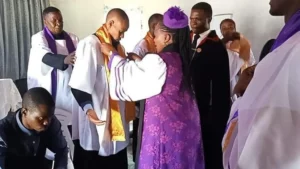
Pastor Barajah was not only a spiritual leader but also a French teacher, well-respected in his community. His followers and family were reportedly aware of his fasting practices, which were not uncommon within the church. However, this extreme attempt was unprecedented even among his congregation.
Church members stated that fasting was a regular spiritual discipline among them, though they had never seen it taken to such an extreme. His brother, Marques Manuel Barajah, acknowledged that the pastor had indeed been fasting but questioned the medical cause of death. He suggested that low blood pressure may have played a more significant role than the diagnosis indicated.
This is not the first time such a fatal attempt to emulate Jesus’ fast has been reported. Similar cases have occurred in the past, including a 2015 report from Zimbabwe where a man died after fasting for 30 days. In 2006, a woman in London died halfway through a similar fast, according to a British coroner’s findings.
These incidents highlight the dangers of extreme fasting, particularly when undertaken without medical supervision. While fasting is a common practice across many faiths for spiritual reflection and discipline, extended periods without food or water can lead to irreversible health consequences, including organ failure and death.
Pastor Barajah’s death has sparked a conversation around the limits of religious devotion and the importance of balancing faith practices with health and safety. As the Santa Trindade Church mourns its founder, the broader community is left reflecting on the risks associated with such intense spiritual commitments.


